In the context of cybercrime increasing in scale and sophistication, it is more urgent than ever for countries to increase cooperation and share data to prevent and combat this type of crime.
On October 25 and 26, Vietnam will welcome the United Nations Secretary-General and representatives from more than 100 countries and territories and about 100 international units, organizations and press agencies to attend the signing ceremony of the United Nations Convention on Cybercrime in Hanoi .
The event not only affirms Vietnam's role, prestige and integration capacity in the digital age, but also marks an important step forward as the Convention is expected to create a solid international legal foundation for the global fight against cybercrime.
Globality and respect for national sovereignty
The most important new point of the Hanoi Convention is its global character and the principle of absolute respect for national sovereignty. Unlike the Budapest Convention initiated by Europe, the Hanoi Convention is the first legal framework negotiated and adopted by all members of the United Nations.
Accordingly, all cross-border cooperation in investigation and data access must strictly comply with the law and be authorized by the host country. This is a key solution to address concerns about the risk of sovereignty violations in handling international cybercrime.
Expanding the scope of crime
The Hanoi Convention not only addresses core crimes such as hacking, data theft, and cyber fraud, but also includes acts that use high technology to commit crimes, such as terrorism, human trafficking, and drug smuggling.
This expanded scope is considered suitable with the trend of high-tech crime being increasingly linked with traditional criminal activities, requiring closer coordination between countries.
Support developing countries
Another highlight is that the Hanoi Convention focuses on technical assistance and narrowing the digital divide. For the first time, mechanisms to support technology transfer, human resource training and capacity building are specifically regulated, helping developing countries improve their ability to prevent and combat cybercrime.
According to experts, this is a breakthrough that demonstrates the spirit of cooperation, sharing and equality among countries in ensuring global cyber security.
The role of Vietnam
Major General Le Xuan Minh, Director of the Department of Cyber Security and High-Tech Crime Prevention ( Ministry of Public Security ), said: “The Hanoi Convention will be the highest legal document of the United Nations in the field of preventing and combating cybercrime. The signing and ratification by participating countries will create a unified legal framework for joint action. At the same time, choosing Hanoi as the place to open the signing clearly demonstrates the role, responsibility and awareness of leaders in dealing with this global threat."
The UN General Assembly's adoption of the Convention in late 2024 and the selection of Hanoi as the place for signing is a recognition of Vietnam's role, prestige and responsibility in promoting international cooperation and handling non-traditional security challenges that are having a profound impact on world peace, stability and development.
Source: https://vtv.vn/nhung-diem-dang-chu-y-cua-cong-uoc-ha-noi-100251021144007791.htm


![[Photo] Da Nang residents "hunt for photos" of big waves at the mouth of the Han River](https://vphoto.vietnam.vn/thumb/1200x675/vietnam/resource/IMAGE/2025/10/21/1761043632309_ndo_br_11-jpg.webp)
![[Photo] Prime Minister Pham Minh Chinh meets with Speaker of the Hungarian National Assembly Kover Laszlo](https://vphoto.vietnam.vn/thumb/1200x675/vietnam/resource/IMAGE/2025/10/20/1760970413415_dsc-8111-jpg.webp)

![[Photo] Prime Minister Pham Minh Chinh received Mr. Yamamoto Ichita, Governor of Gunma Province (Japan)](https://vphoto.vietnam.vn/thumb/1200x675/vietnam/resource/IMAGE/2025/10/21/1761032833411_dsc-8867-jpg.webp)


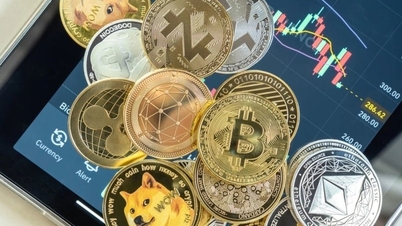

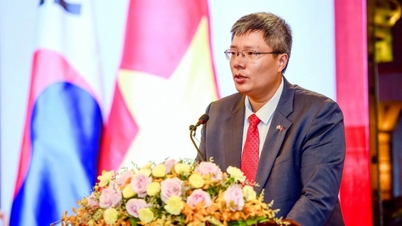

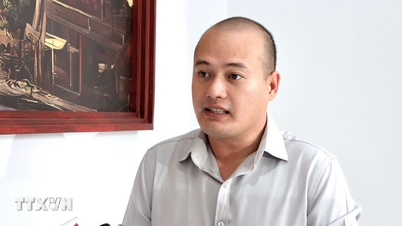

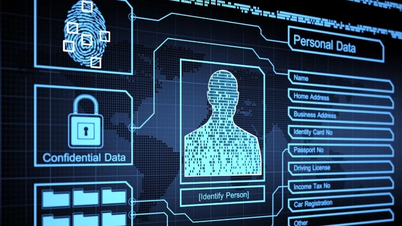


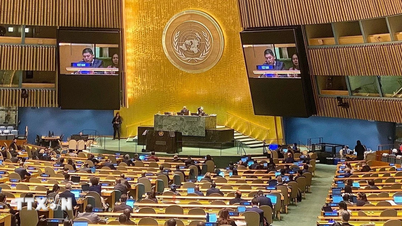
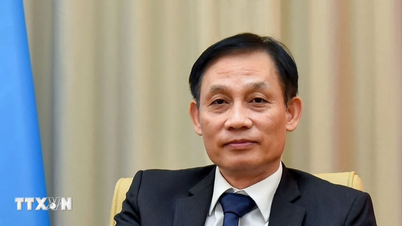
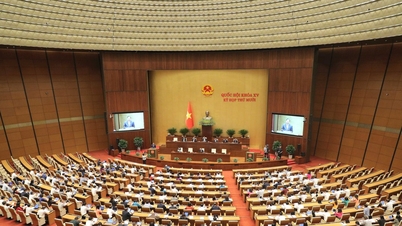

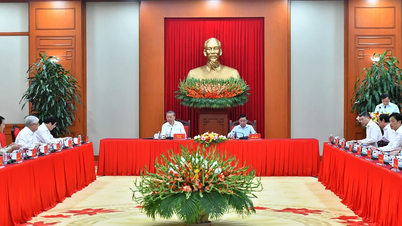
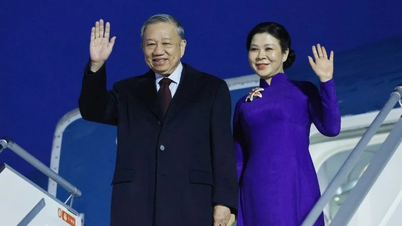

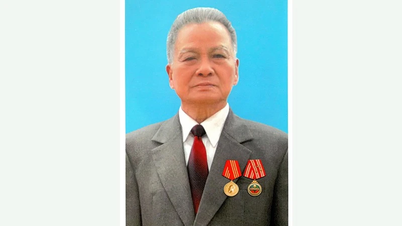




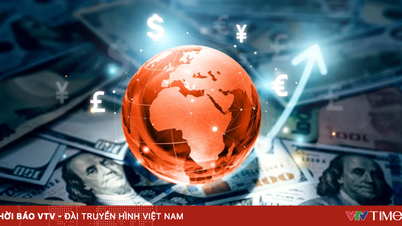
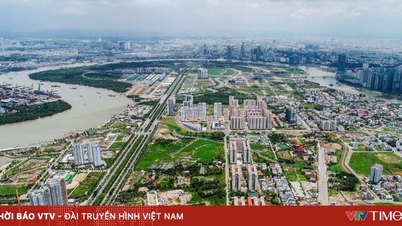
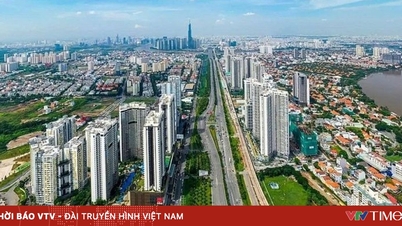
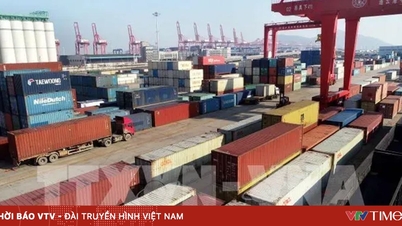

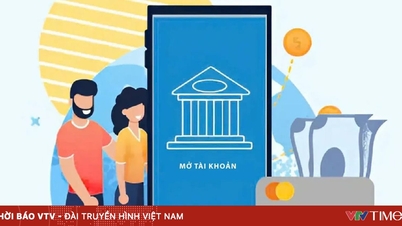




































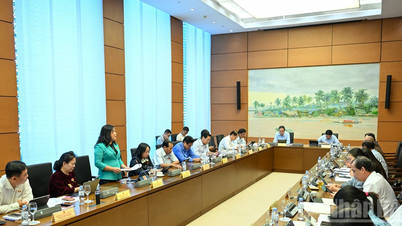
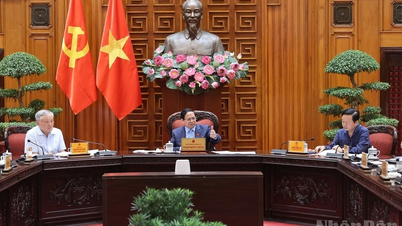
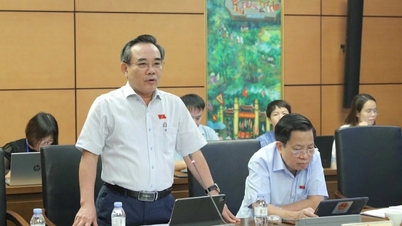
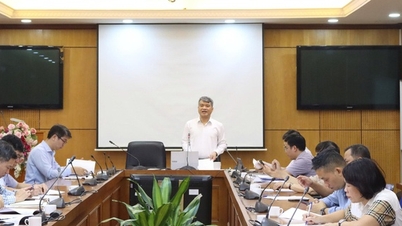
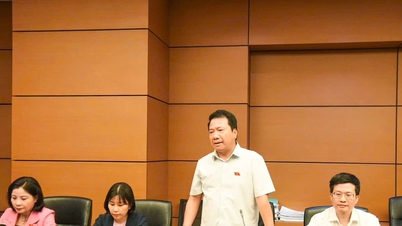
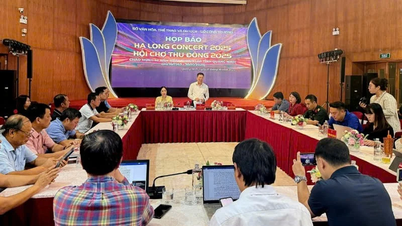
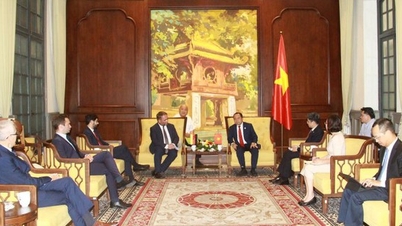

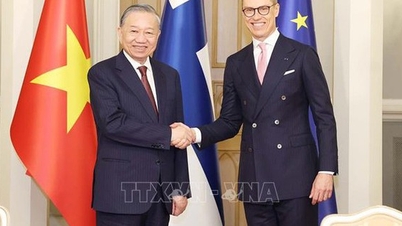
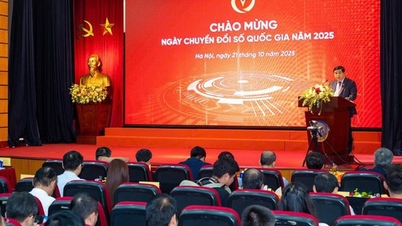

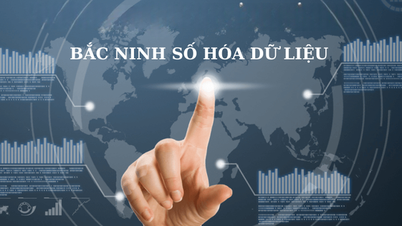
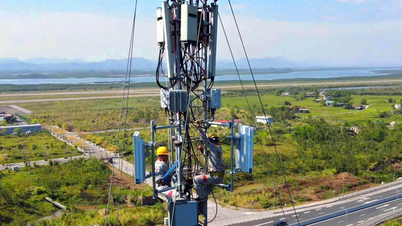
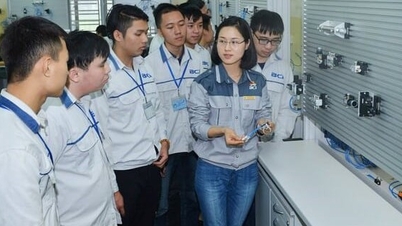
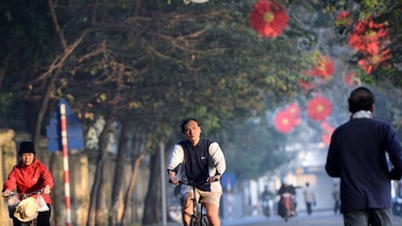



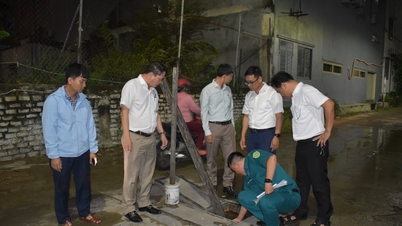

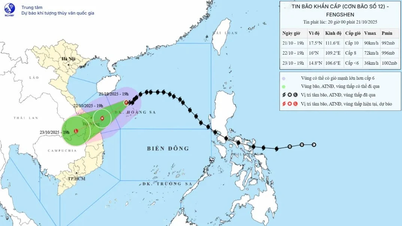

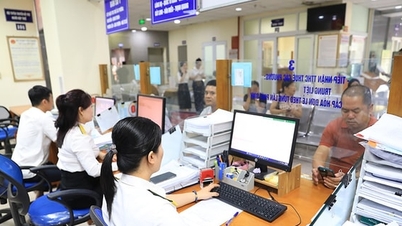














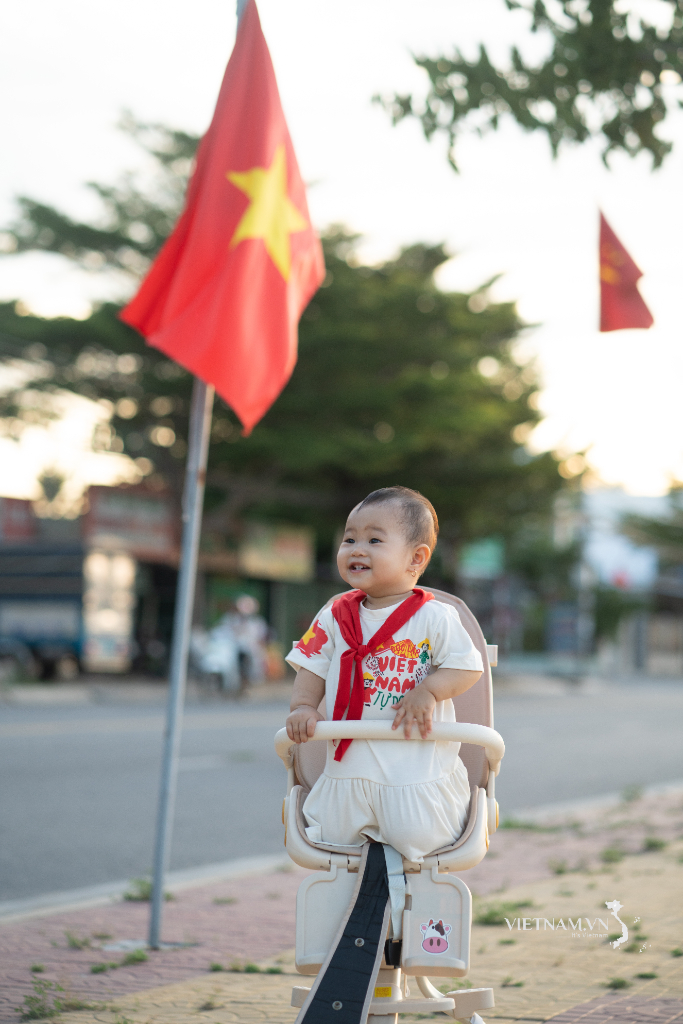

Comment (0)